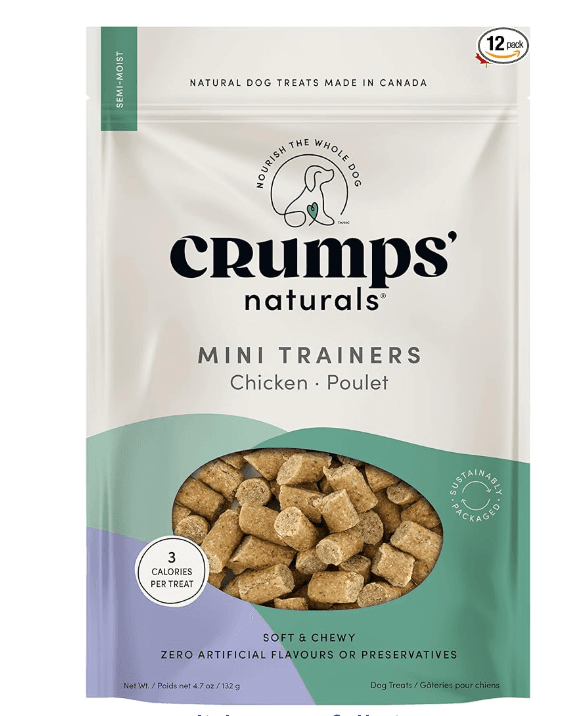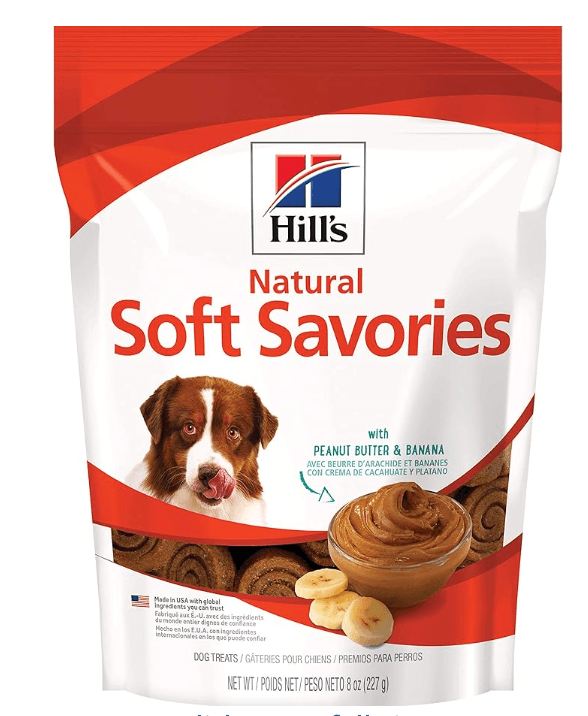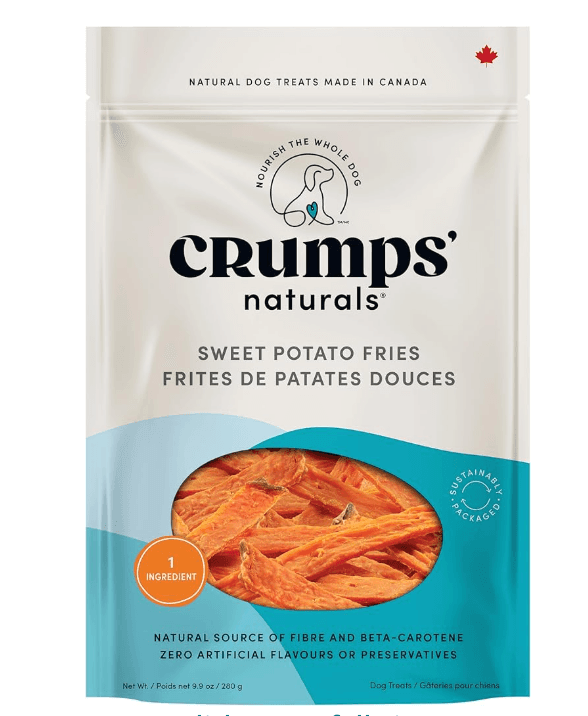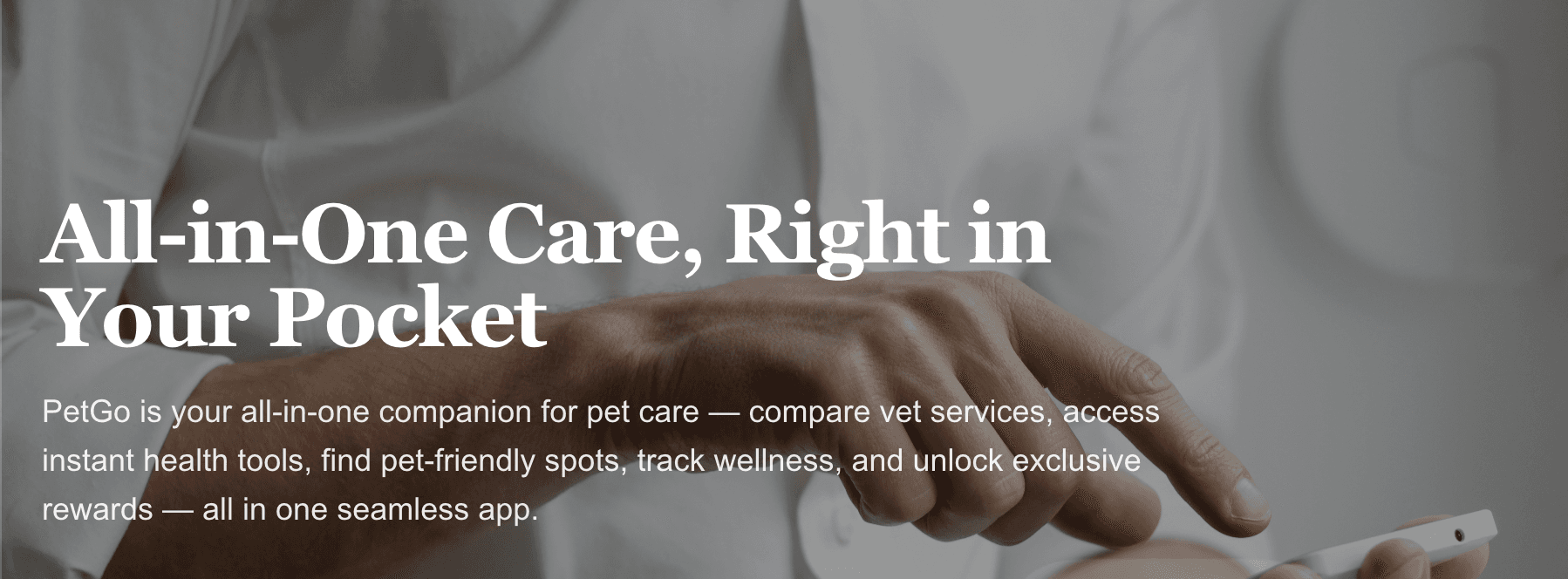Puppy Care Guide
Week 35 – Feeding Treats & Supplements the Right Way

“Healthy habits start with balance — give with love, but always with care.”
At around 9 months, your puppy is energetic and expressive. It’s the perfect moment to review how you manage treats and supplements — ensuring every reward supports growth without harming health.
Understanding Treats & Their Role
Treats build bonding and reinforce good behaviour, but too many can lead to weight gain or digestive imbalance. Moderation keeps training positive and healthy.
💡 PetGo Tip: Treats should stay under 10% of daily calories — the remaining 90% comes from a complete diet.
1. Introducing Hard Treats – Wait Until One Year
Even after baby teeth fall out, hard chews like bones or antlers can splinter or strain digestion. Wait until after 12 months before offering them.
💡 PetGo Tip: Choose puppy-labeled soft chews made from salmon, duck, or sweet potato — safer before the first birthday.
PetGo Shop | Healthy treats your pup will love during Week 35.

Crumps' Naturals Semi Moist Chicken Mini Trainers 4.7 oz / 132 g
Seller: Crumps' Naturals
$8.99

Hill’s Science Diet Soft Savory Dog Treats with Peanut Butter & Banana (8 oz)
Seller: Hill’s Science Diet
$11.90
2. Portion Control Matters
Extra love shouldn’t mean extra calories. Treats are dense in fat, and overfeeding easily leads to obesity. Follow package directions or your vet’s plan, adjusting for weight and activity.
- Use small training treats instead of large biscuits.
- Break pieces to reduce calories while keeping motivation.
3. Moderation With Supplements
Supplements can support joints, skin, and digestion — but excess causes nutrient imbalance or organ stress. Always consult your vet before adding anything new.
💛 PetGo Reminder: If your dog eats fortified food, extra vitamins may be unnecessary.
💊 Safe Supplement Practices
- Follow dosage carefully — too much can cause vomiting or diarrhea.
- Stop if stools become loose and consult your vet.
- Store in a cool, dry place and avoid mixing multiple brands.
💡 PetGo Tip: Consider joint or skin supplements only after the first year, unless prescribed.
💡 When to Start Supplements
Most healthy puppies don’t need supplements until after 12 months. Large or active breeds may benefit later from:
- Glucosamine & Chondroitin – joint and cartilage health
- Omega-3 Fish Oil – skin and cardiovascular support
- Probiotics – digestion and immune balance
💡 PetGo Tip: Introduce one supplement at a time and observe stool changes.
🚫 Be Cautious of Overnutrition
Combining multiple supplements for different purposes can overload nutrients and strain the kidneys. Keep your vet involved in every addition.
💛 PetGo Reminder: Supplements complement nutrition — they don’t replace it.
🧡 The Power of Balance
Feeding wisely is love in action. Balanced treats and responsible supplements ensure long-term vitality. If you see weight or stool changes, adjust early and ask your vet.
💡 PetGo Reminder: There’s only one of your beloved dog — protect them with balance and care.
🌿 Final Thoughts
Raising a puppy isn’t about giving more — it’s about giving right. Portion control and thoughtful feeding build a foundation for lifelong health.
💡 PetGo Tip: Healthy habits today prevent health problems tomorrow. Feed wisely, love deeply, and nurture patiently.
Continue with PetGo’s Puppy Care Guide
PetGo helps you track diet balance, portion sizes, and supplements — keeping your puppy healthy and happy every day.
© 2025 PetGo. All Rights Reserved

